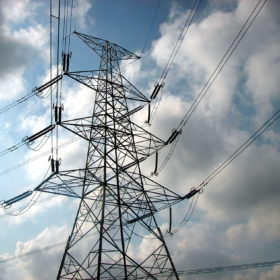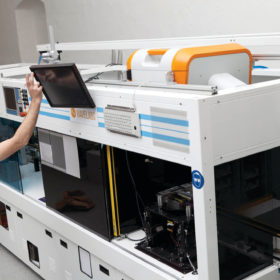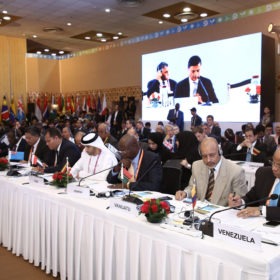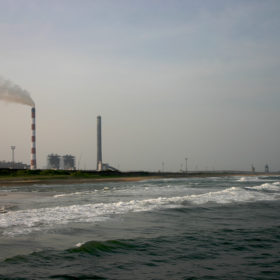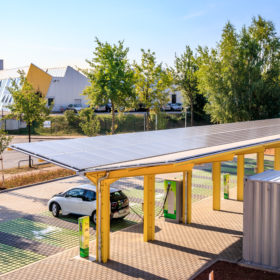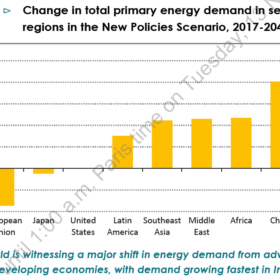India could generate all of its power from renewables by 2050
A renewable energy system in 2050 is technically possible and economically viable for India, with the levelized cost of electricity falling from the current €58/MWh (Rs4,626) to €52 under one scenario in a recent report, and to €46 in another that included demand for power, water desalination and non-energy industrial gas sectors.
The long read: Flashing key for bifacial value
As new cell and module concepts move into large-scale production, and efficiencies are pushed ever higher, manufacturers of flash testing equipment must innovate to ensure their tools can provide reliable measurements, and cope with ever expanding production throughput. The expansion of bifacial technology beyond niche applications in particular raises new issues for flash testing standards. pv magazine spoke with several flasher manufacturers to shed light on the latest developments in this segment.
De-risking, financing and capacity building high on ISA agenda – Interview
The iSTAR-C program of India’s International Solar Alliance (ISA) was adjudged an outstanding project during the Paris Peace Forum this month. The program is one of many ISA initiatives to develop solar resources in member countries. After the first assembly of the ISA, interim Director-General Upendra Tripathy tells pv magazine about the organization’s achievements and plans.
NTPC to procure 1 GW of power from existing solar and wind projects
India’s largest power company is set to make a statement of intent with procurement, and has set a first round bid ceiling of Rs2.67 for the reverse bidding auction. Successful bidders will secure a one-year PPA which can be extended by six months.
The long read: Getting rolling
The first companies are demonstrating that today it can be worthwhile commercially to back electric vehicles in combination with solar generation and storage. Particularly in the case of public charging stations, solar power used for electric vehicle charging could become the basis for a profitable operator model in the future.
Enhancing energy trading in South Asia
The Indian Ministries of External Affairs and Power, in collaboration with the Confederation of Indian Industry (CII), organized the South Asia Power Summit 2018, held recently in New Delhi. The daylong conference highlighted that diversity of energy resources in South Asian countries brings the opportunity to provide affordable, low-carbon energy in the region. The business case for enhanced energy trading in the region, and challenges faced in inter-country electricity trading were important elements of this discussion.
German researchers achieve 25.5% efficiency for perovskite tandem solar cells
The research team was able to improve the cell efficiency by 2.1%. The cell silicon layer was etched on the back-side, while a a polymer light management (LM) foil was applied to the front-side of the device.
The long read: Cutting down on copper
Controllable, distributed battery storage systems can help avoid bottlenecks in power distribution networks. That reduces the cost of grid expansion, but to turn this use of storage systems into a business model, a number of conditions still have to be met.
NTPC tenders 1.2 GW of grid connected solar capacity
The projects, in Maharashtra, will be commissioned through a reverse auction with technical bidding to close on December 19. The deadline for the submission of financial bids and the date for the reverse auction after the opening of financial bids, will be published in due course.
India’s energy demand will more than double by 2040 – IEA
The world is witnessing a major shift in energy demand from advanced to developing economies, with demand growing fastest in India – according to the International Energy Agency’s (IEA’s) latest World Energy Overview.
